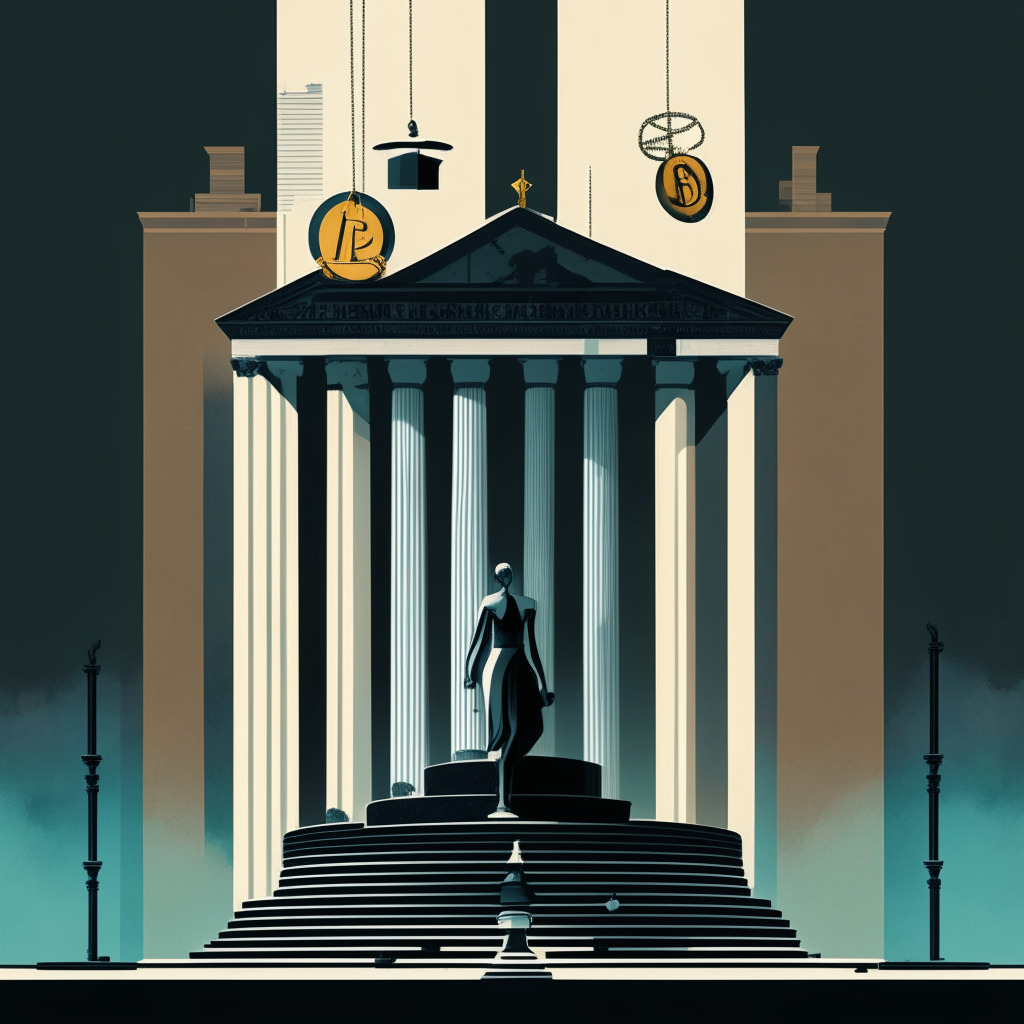Pro-XRP lawyer, John E. Deaton, recently questioned the motives and actions of the Securities and Exchange Commission (SEC) in a scathing critique. Highlighting the mismatched priorities of the regulatory body, Deaton alleged that the SEC is more attuned to promoting and safeguarding corporate capitalism than protecting individual investors in the crypto arena.
A strong case in point highlighted by Deaton is the regulatory body’s approach to dealing with cryptocurrencies, particularly its dealings with Coinbase and Ripple. Much to his astonishment, SEC’s actions largely favored the secondary market on exchanges while largely ignoring instances of fraud. Unfortunately, Deaton argues that such misplaced priorities could be an impediment to the innovation and growth of the budding cryptocurrency industry.
Moreover, SEC’s fervent opposition to retail investors acting as amici curiae in the Ripple case further solidifies Deaton’s accusations. This suggests a reluctance to consider the voices of smaller investors, inadvertently promoting the interests of larger financial institutions.
But what really piques the lawyer’s frustration is the underhandedness of SEC’s methods. He expressed apprehension over the SEC’s blatant promotion of double standards, especially evident in its dealings with Coinbase and FTX Exchange’s former CEO, Sam Bankman-Fried. While SEC made no efforts to engage in dialogue with proactive entities like Coinbase, the chairman, Gary Gensler, had multiple meetings with Bankman-Fried, even at a time when the exchange was facing allegations of defrauding users. The inconsistency in the SEC’s approach is troubling, Deaton stated.
Such perceived unequal treatment raises serious questions about the fairness and effectiveness of the SEC, along with the overall structure of digital asset regulation. A potential fallout could be impeded growth of innovative startups as the established entities are seemingly favored. The current landscape suggests a skewed trajectory for digital assets, for as long as the SEC continues to misdirect its resources towards Section 5 cases.
Deaton’s observations make a case for more nuanced handling of regulatory resources while ensuring the interests of retail investors are respected. The crypto sphere awaits a more balanced approach that would fuel its growth and development more effectively. It remains to be seen whether the SEC makes necessary changes in its approach, or if this perceived double standard continues to plague the sector.
Source: Cointelegraph




